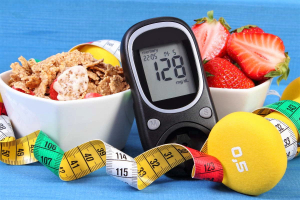Top 10 Simple Ways to Lose Belly Fat
Losing abdominal fat, sometimes known as belly fat, is a popular weight loss goal. Abdominal fat is very dangerous. According to research, there are clear ... read more...correlations between type 2 diabetes and cardiac disease. As a result, eliminating this fat can have a substantial impact on your health and well-being. With a tape measure, measure the diameter around your waist to determine your belly fat. Abdominal obesity is defined as measurements of more than 40 inches in men and 35 inches in women. Certain weight loss techniques can target belly fat more effectively than other parts of the body. Here are the most effective methods for losing tummy fat.
-
Sugary foods are harmful to your health. Eating a lot of these foods might lead to weight gain. According to research, adding sugar has a particularly negative impact on metabolic health. Numerous studies have found that eating too much sugar, particularly fructose can contribute to fat buildup around the belly and liver. Sugar is made up of half glucose and half fructose. When you consume a lot of added sugar, your liver becomes overburdened with fructose and is pushed to convert it to fat. Some believe that this is the primary mechanism underlying sugar's detrimental impacts on health. It causes a rise in belly and liver fat, which leads to insulin resistance and other metabolic issues. In this aspect, liquid sugar is worse.
Because the brain does not appear to register liquid calories in the same way as it does solid calories, drinking sugar-sweetened drinks causes you to consume more total calories. According to one study, each additional daily serving of sugar-sweetened drinks increases the risk of childhood obesity by 60%. Reduce the quantity of sugar in your diet and consider eliminating sugary drinks entirely. Sugar-sweetened beverages, sugary sodas, fruit juices, and numerous high-sugar sports drinks fall under this category. Check the labels to ensure that the items do not contain processed sugars. Even foods touted as healthy might contain high levels of sugar.

Avoid sugar and sugar-sweetened drinks 
Avoid sugar and sugar-sweetened drinks -
Protein might be the most significant macronutrient for losing weight. According to research, it can cut cravings by 60%, increase metabolism by 80-100 calories per day, and help you consume up to 441 fewer calories each day. If you want to lose weight, adding protein to your diet may be the single most beneficial modification you can make. Protein can not only help you lose weight, but it can also assist you to prevent regaining weight.
Protein may be especially useful in decreasing belly fat. According to one study, persons who ate more and better protein had substantially less belly fat. Another study found that protein consumption was associated with a considerably lower risk of abdominal fat growth in women over a 5-year period.
This study also connected refined carbohydrates and oils to increased belly fat and fruit and vegetables to decreased fat. Many of the studies that found protein helped with weight reduction had participants consume 25-30% of their calories from protein. As a result, this might be an excellent range to experiment with. Increase your protein intake by eating more whole eggs, seafood, legumes, nuts, meat, and dairy products. These are the most nutritious protein sources for your diet.
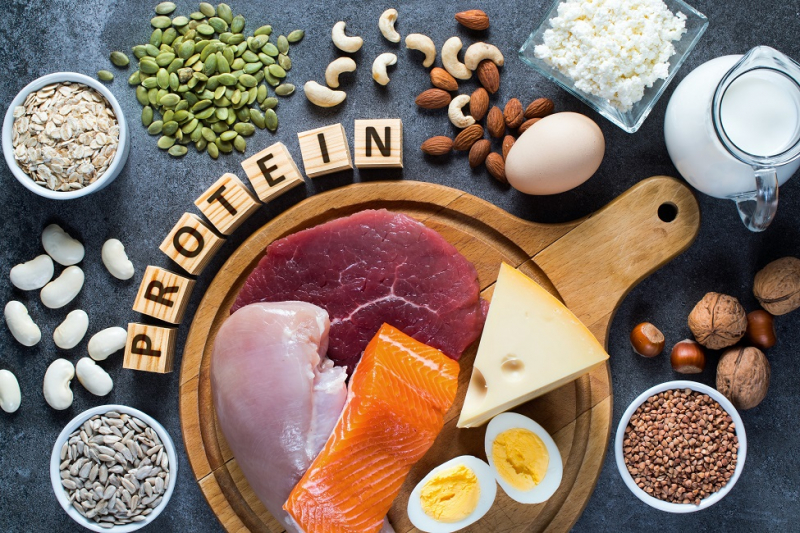
Eat more protein 
Eat more protein -
Eating fewer carbohydrates is a very efficient approach to reducing weight. Numerous research backs up this claim. People lose weight when they reduce their carbohydrate intake. Greater than 20 randomized controlled trials have now demonstrated that low-carb diets can result in 2-3 times more weight reduction than low-fat diets. This is true even when individuals in the low carbohydrate groups are permitted to consume as much as they want, but those in the low-fat groups are calorie limited. Low-carb diets also cause rapid weight loss, giving consumers immediate results. Within 1-2 days, most people see a difference on the scale.
Low-carb eating especially decreases fat in the belly and around the organs and liver, according to studies comparing low-carb and low-fat diets. This implies that part of the fat shed on a low-carb diet is unhealthy belly fat. Simply eliminating processed carbohydrates such as sugar, sweets, and white bread should be enough, especially if you maintain a high protein consumption. If losing weight quickly is the aim, some individuals limit their carb consumption to 50 grams per day. This sends your body into ketosis, a stage in which your body begins to burn fat as its primary fuel, and your hunger decreases. Aside from weight reduction, low-carb diets have several additional health benefits.
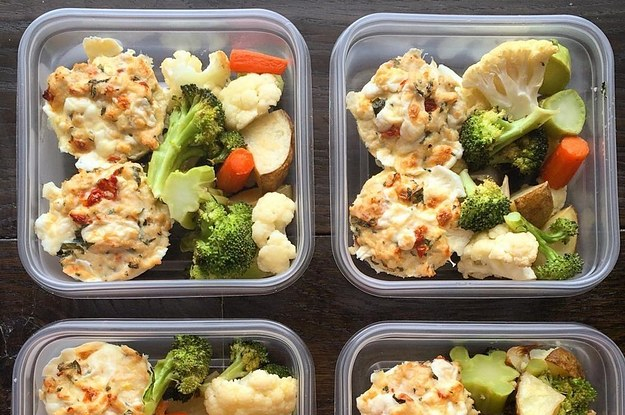
Eat fewer carbohydrates 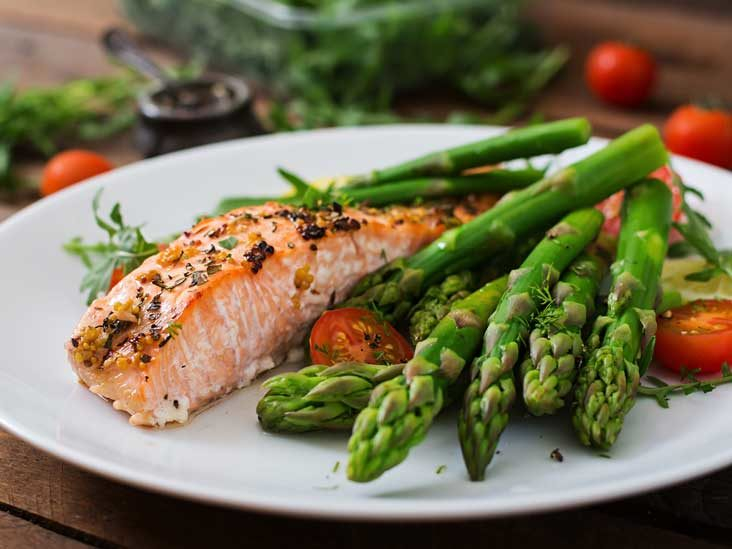
Eat fewer carbohydrates -
The majority of dietary fiber is indigestible plant material. Eating a lot of fiber can help you lose weight. However, the kind of fiber matters. It appears that soluble and viscous fibers have the largest impact on your weight. These are water-binding fibers that produce a thick gel in your stomach. This gel has the ability to significantly impede the passage of food through your digestive tract. It can also slow down digestion and nutrient absorption. As a consequence, you'll have a longer sensation of fullness and a reduced appetite. An additional 14 grams of fiber per day was connected to a 10% decrease in calorie intake and a weight loss of roughly 4.5 pounds (2 kg) over 4 months in one review research.
One 5-year research found that ingesting 10 grams of soluble fiber per day was associated with a 3.7% decrease in belly fat. This suggests that soluble fiber may be especially useful at reducing dangerous belly fat. Eating a variety of plant foods, such as vegetables and fruit, is the greatest approach to increasing fiber intake. Legumes and certain cereals, such as whole oats, are also good sources. You might also try glucomannan, a fiber supplement. This is one of the most viscous dietary fibers, and research suggests that it may aid in weight reduction. It's critical to consult with your doctor before adding this or any other supplement to your diet.
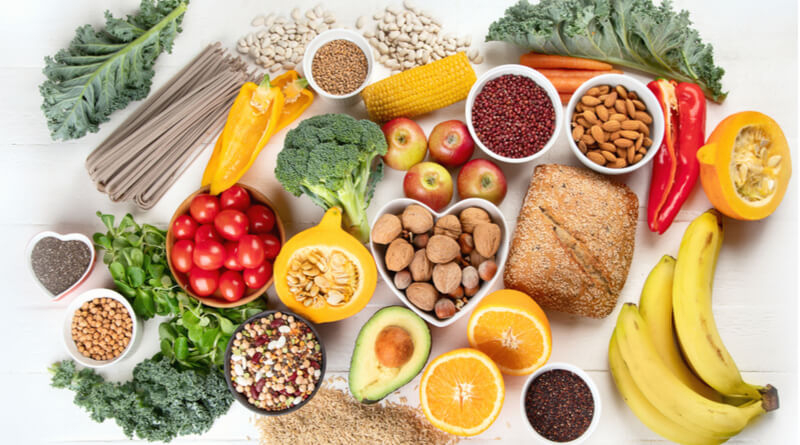
Eat fiber-rich foods 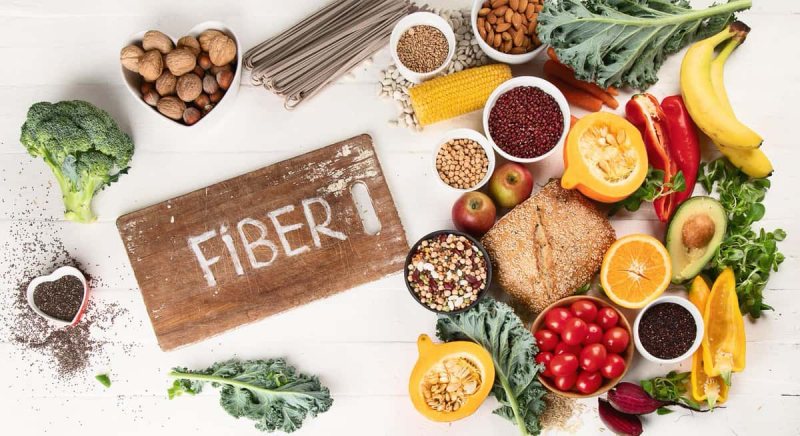
Eat fiber-rich foods -
Exercise is one of the most effective ways to improve your chances of living a long, healthy life and preventing sickness. Among the numerous health advantages of exercise is the ability to decrease abdominal fat. This does not preclude undertaking abdominal workouts, as spot reduction (fat loss in one area) is not achievable. In one study, 6 weeks of abdominal muscle training had no discernible effect on waist circumference or the amount of fat in the abdominal cavity.
Weight training and aerobic activity will help you lose fat all over your body. Aerobic activities, such as walking, jogging, and swimming, can significantly reduce belly fat. Another study discovered that exercise totally prevents patients from regaining abdominal fat after losing weight, showing that exercise is especially crucial during weight maintenance. Exercise also reduces inflammation, lowers blood sugar levels, and helps with other metabolic issues connected with extra belly fat.

Exercise regularly 
Exercise regularly -
Most individuals understand that what they eat is essential, yet many are unaware of what they are eating. A person may believe they are following a high protein or low carb diet, but it is simple to overestimate or underestimate food consumption without keeping track.
Tracking your food consumption does not need you to weigh and measure everything you consume. Tracking your intake every now and then for a few days in a row might help you identify the most critical areas for improvement. Planning ahead of time might help you reach certain objectives, such as increasing your protein consumption to 25-30% of total calories or reducing bad carbohydrates.

Track your food intake 
Track your food intake -
Trans fats are made by injecting hydrogen into unsaturated fats like soybean oil. They can be found in some margarine and spreads, as well as in packaged goods, however many food manufacturers have discontinued using them. In observational and animal research, these lipids have been associated with inflammation, cardiac disease, insulin resistance, and belly fat growth.
A 6-year study discovered that monkeys fed a high trans fat diet accumulated 33% more belly fat than those on a high monounsaturated fat diet. Read ingredient labels carefully and avoid items containing trans fats to help decrease belly fat and safeguard your health. These are sometimes referred to as partly hydrogenated fats.
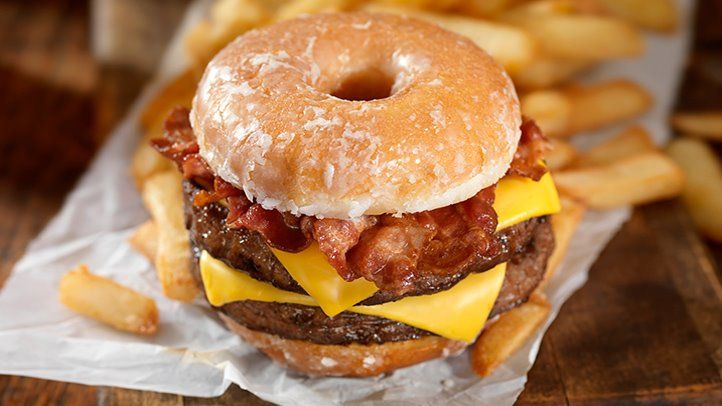
Avoid foods that contain trans fats 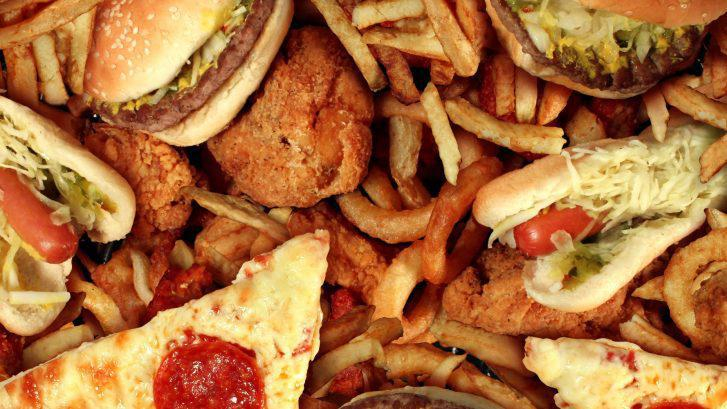
Avoid foods that contain trans fats -
Alcohol has certain health advantages when used in moderation, but it is extremely hazardous when consumed in excess. According to research, drinking too much alcohol might cause you to grow belly fat. Observational studies show that heavy alcohol use increases the chance of developing central obesity, or excess fat accumulation around the waist.
Cutting back on alcohol may help you lose weight. You don't have to give it up completely, but limiting how much you drink in one day can help. Over 2,000 persons participated in one research on alcohol usage. According to the findings, people who drank alcohol on a regular basis but consumed less than one drink per day had less belly fat than those who drank less frequently but had more alcohol on the days they drank.

Don’t drink too much alcohol 
Don’t drink too much alcohol -
Sleep is essential for many areas of your health, including weight management. According to studies, those who do not get enough sleep develop extra weight, which may include belly fat. A 16-year study of almost 68,000 women discovered that those who slept fewer than 5 hours per night were considerably more likely to acquire weight than those who slept 7 hours or more each night.
Sleep apnea, a disorder in which breathing stops occasionally during the night, has also been related to extra visceral fat. Make sure you receive enough quality sleep in addition to sleeping at least 7 hours every night. If you believe you have sleep apnea or another sleep condition, consult a doctor and get treatment.

Get plenty of restful sleep 
Get plenty of restful sleep -
Fatty fish is quite healthy. They're high in high-quality protein and omega-3 fats, which help keep you healthy. Some research shows that omega-3 fats may also aid in the reduction of visceral fat. Eating fatty fish or taking omega-3 supplements may improve your overall health. Some evidence also suggests it may reduce belly fat in people with fatty liver disease.
Fish oil supplements have been shown in studies of adults and children with fatty liver disease to considerably decrease liver and abdominal fat. Aim to get 2–3 servings of fatty fish per week. Good choices include:
- salmon
- herring
- sardines
- mackerel
- anchovies

Eat fatty fish every week 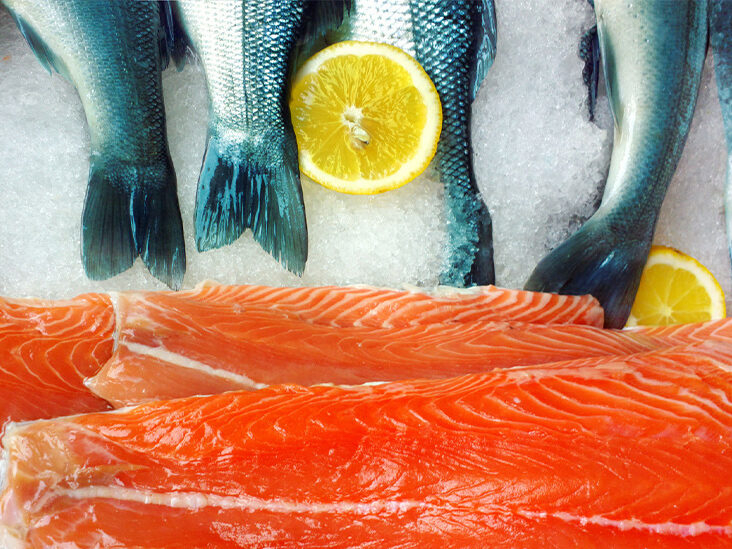
Eat fatty fish every week





























